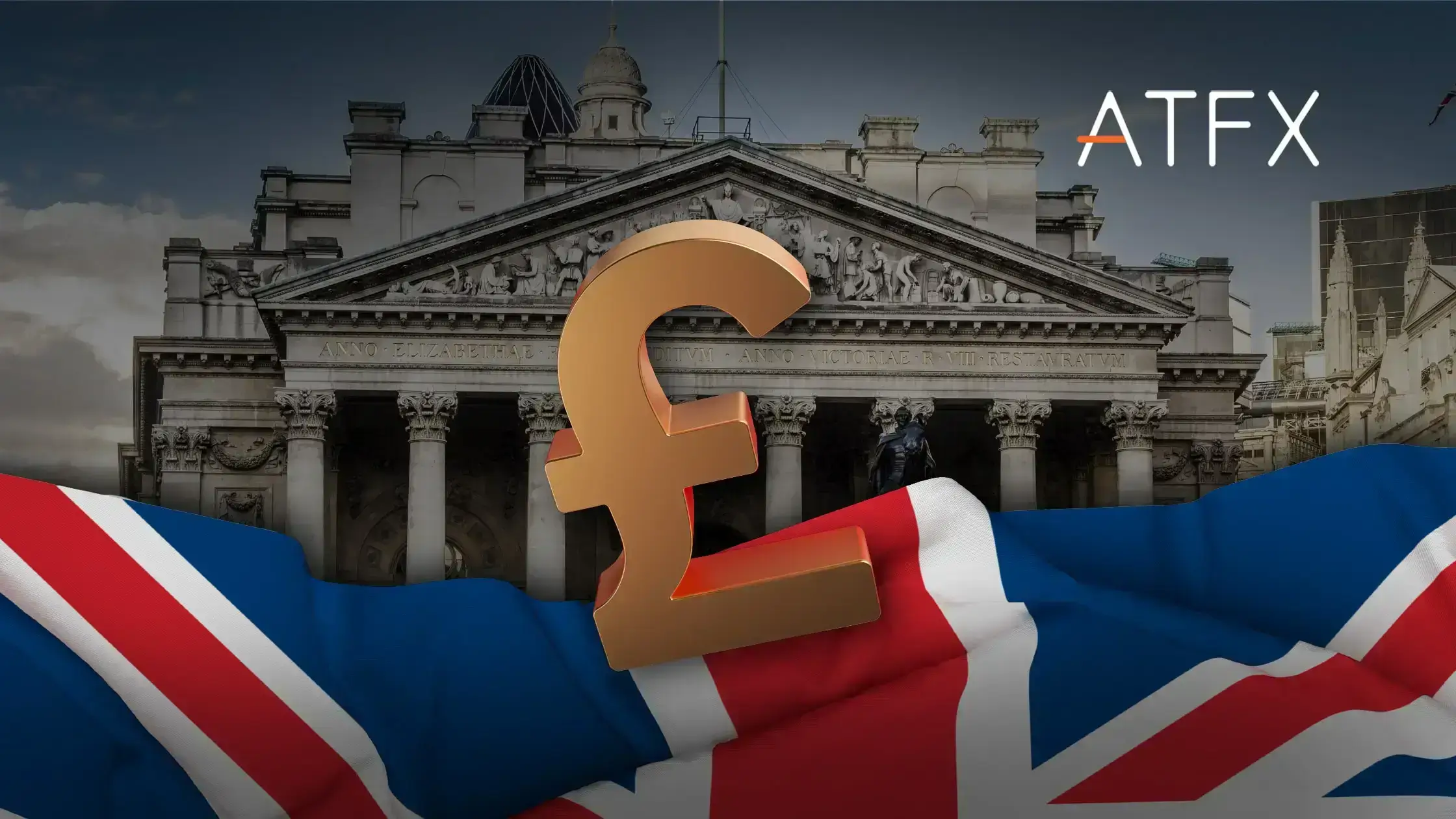The week in economic data starts with German IFO data and a speech by ECB President Lagarde.

EURUSD Weekly Chart
The EURUSD weekly chart highlights the support and resistance areas at 1.1033 and 1.0520.
German IFO business sentiment is expected to dip to 90.7 after rebounding from October lows at 85; the index peaked in April. Germany’s economic struggles have continued to weigh on analyst sentiment.
A speech from ECB President Christine Lagarde will drive the euro against the US dollar.
The central bank continues to hold a hawkish stance on monetary policy and recently asked governments to slow their support for energy prices.
“As the energy crisis becomes less acute, it is important to now start rolling these measures back promptly in line with the fall in energy prices and in a concerted manner,” Lagarde said. Lagarde added that fiscal measures to support consumers when energy prices are lower “are likely to drive up medium-term inflationary pressures, which would call for a stronger monetary policy response.”
“The celebrated fiscal stimulus, which has eased recession fears, is indeed an additional concern for the ECB as it could transform a supply-side inflation issue into demand-side inflation,” said ING economist Carsten Brzeski.
The ECB raised its benchmark interest rate once again by 25 basis points, almost two weeks ago. Lagarde indicated that the eurozone’s interest rates would be lifted again in July, saying:
“Are we done? Have we finished the journey? No. We’re not at our destination. Do we still have ground to cover? Yes, we still have ground to cover”.
EURUSD Forecast
The recent pause by the Federal Reserve may see the ECB doing the same, which will be a key driver for EURUSD in the weeks ahead.
Meanwhile, the German economy continues to underperform its European counterparts. The Ifo Institute’s Timo Wollmershaeuser said: “The German economy is only very slowly working its way out of the recession.”
The statistics office reported that while private sector investment and construction grew at the start of this year, it was offset by a drop-off in consumer spending as higher prices forced households to cut spending.
“We currently see the country facing a growing mountain of challenges,” said Siegfried Russwurm, head of the BDI industry lobby.
The government is still predicting GDP growth for this year, but the main economic institutes and the IMF are looking at a drop of 0.2 to 0.4%.


